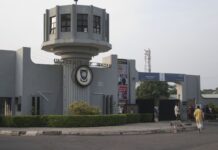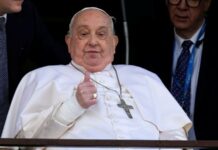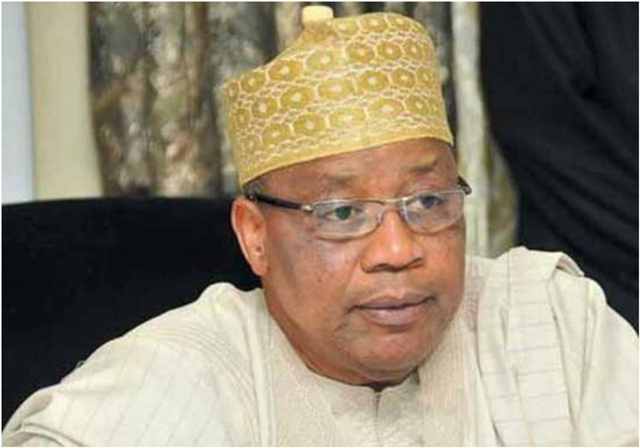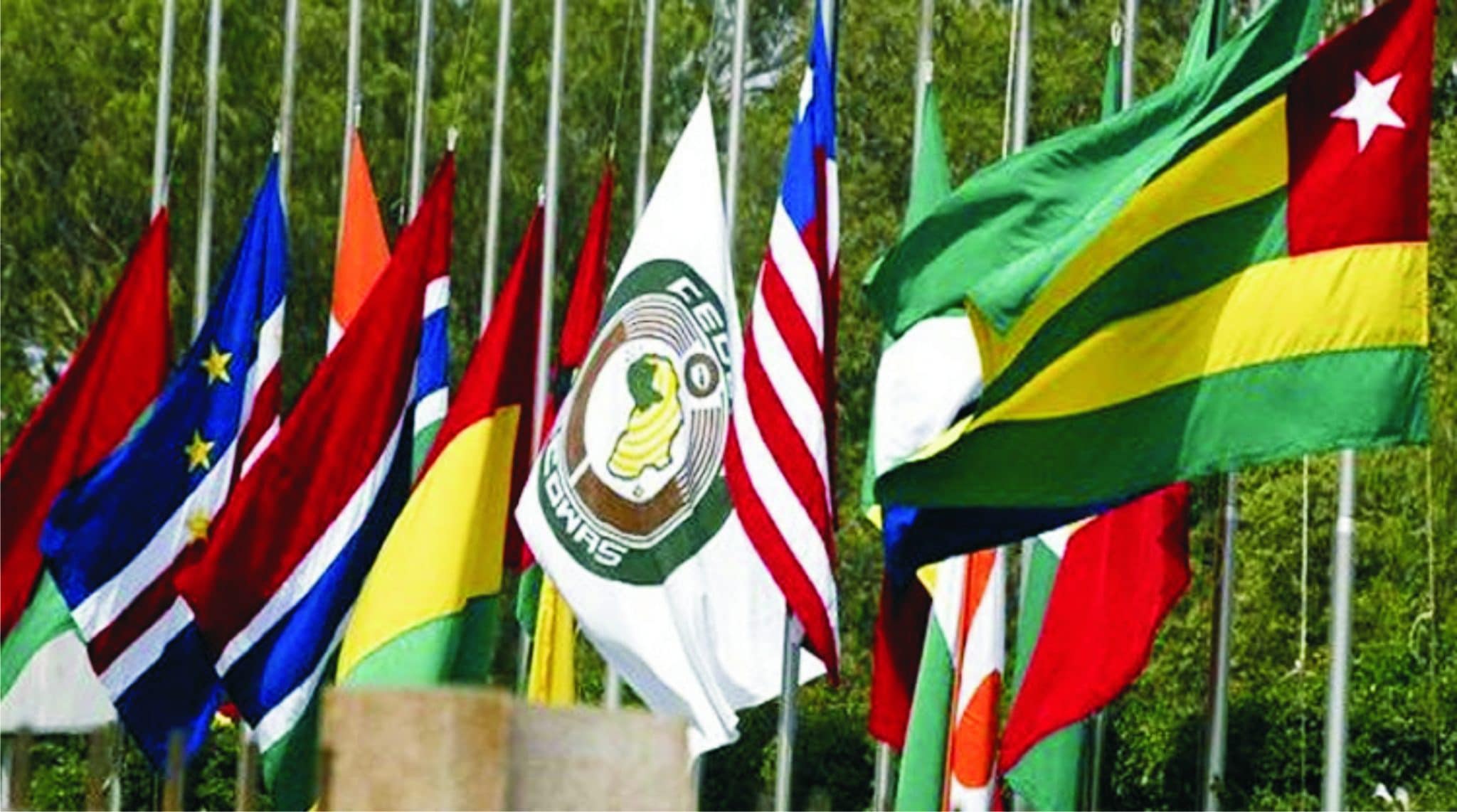Olatunji Dare
Former military president, General Ibrahim Babangida, vacated office hugely discredited. As he turned 81 last week, his one-time acolytes and confederates sought to portray him as a great statesman and his tenure as Nigeria’s golden age. I remember it differently. What follows is how I memorialized that era for The Guardian (September 14, 1993).
Within 24 hours of seizing power on August 27, 1985, General Ibrahim Babangida unwittingly provided two ominous indications of what his rule would be like.
First, he chose the title of “president.” This was a clear signal of a will to dominate, to lord it over everyone else, including his colleagues in the military. He was not going to be merely first among equals, he was going to be the undisputed boss.
Second, when asked why he chose the title of president, he said it was because the Constitution of Nigeria required it.
Now, this was the Constitution he had just overthrown, a Constitution which stipulated that power shall be exercised only in the manner provided by the fundamental law. A coup was not one of the means sanctioned by that law. So, here was Babangida using the Constitution to justify an unconstitutional act.
I knew then that this was a person to watch. And, for the next eight years, everything he did fell into this pattern.
It was entirely in character that he chose to stage his exit on August 27, 1993, the eighth anniversary of the coup that brought him to power. Since his coming, the State House historians have invested that day, as well as his birthday, with far greater significance than October 1, the National Day. The projected August 27, not merely as the anniversary of a Glorious Revolution but more fundamentally as the beginning of Nigeria itself.
His official birthday of August 27 was made to rank just as high in the national consciousness. It quickly grew into a date on which news was squeezed out of the newspapers by congratulatory messages from grateful contractors, fawning courtiers, supplicants, influence peddlers and all manner of persons. In retrospect, it is surprising that October 1 was not annulled and August 27 decreed to replace it as the National Day.
When juxtaposed with his record at the end of his tenure, Babangida’s maiden broadcast contained within it the seeds of his own damnation
He had said that, unlike his predecessor, Major-General Muhammadu Buhari, he would not rule by force. Again, unlike Buhari, he would be sensitive to individual and cultural differences. And he would not arrogate to himself “absolute knowledge of problems and solutions.
He would not act “in accordance with what was convenient” only to himself,” using the machinery of government as his tool. He repealed the obnoxious Decree 4 saying he did not intend to lead a country where individuals are “under the fear of expressing themselves.”
But he spent his entire period in office repudiating those vows, sometimes subtly, sometimes brazenly, but always without remorse or twinge of conscience. For the most part, he carried on as if he regarded inconstancy as the greatest virtue.
Decree Four was repealed all right, only to be replaced by the no less obnoxious Decree 2. Politicians were banned, only to be unbanned, re-banned, and banned all over again, in a manner that defied all reason. Political associations seeking official recognition were dissolved only to be replaced by formations that were for all practical purposes government parastatals.
The nation was turned into one vast political laboratory for crackbrained experiments, all in the name of a “learning process,” masterminded by the Great Teacher who knows it all.
Shadowy organizations playing to the basest instincts of the populace sprang up all over the place, their subversive work to do. The Ministry of Justice became a factory for manufacturing and promoting tyrannous and unjust schemes. A propaganda machine was set up to proclaim even the most incoherent intent as a solid accomplishment and to advertise a house of cards as a fortress.
Babangida and his State House professors left nothing to chance. They never missed any opportunity to declare that they would be content to be judged by history. Yet they sought to write that history themselves in books, or rather, compilations, the titles of which are a testament to the delusion of greatness with which the master and his minions were afflicted.
In Babangida’s farewell broadcast on August 26, the official chroniclers, obviously with his approval, sought to capture all over, lest we forgot, the most recondite of his monumental achievements. including the creation by decree of states, local government areas and all manner of bureaucracies and institutions that are financial sinkholes. They even recorded it as a feat that they were able to pay government employees regularly.
In the beginning, the teaching hospitals were mere “consulting clinics.” Today, they are just clinics, the consultants having gone to Saudi Arabia and elsewhere. Then there were long queues for scarce consumer goods. Now, the goods exist in superabundance, but only a few consumers can afford them.
Then, they unleashed a messianic drive to root out corruption. Later, corruption, to quote Femi Falana, became “a fundamental objective and directive principle of state policy.” Then, the universities and other institutions of further learning were thriving, even if not blossoming. Now they stand on the edge of ruin. Then, the Naira was said to be overvalued. Now it is almost worthless. Then you could still afford to buy brand-new goods. Today, the Tokunbo culture reigns supreme.
Then, there was no pretense that a democratic culture was a desirable goal. Now, eight years later, we have in place what the distinguished political scientist and author of a seminal work on Nigeria’s Second Republic, Dr Richard Joseph, has called “one of the most sustained exercises in political chicanery ever visited upon a people.”
When their new breed politicians are not fighting pitched battles on the floor of the legislature, they are selling their votes like so many shares on the Stock Exchange, without the least regard to the sensibilities of their constituencies. And between then and now, a collapse of values so comprehensive and destruction of the sense of community so complete as to be virtually irreversible.
This, alas, is the baleful bequest of a man who proclaimed himself a “visionary relist.” Could the nation have been worse off under a leader who could not see beyond his nose?
One of the volumes of Babangida’s collected speeches is titled For their Tomorrow, we gave our Today. It is probably truer and certainly more fitting to say of the man and his Administration that, for their today, they annulled our tomorrow. For reasons borne of fear and guilt, they turned what should have been the nation’s finest hour into its darkest, employing the most desperate tactics that a street mugger’s imagination ever devised.
When leaving office on the eve of the inauguration of the Second Republic in 1979, General Olusegun said it was his hope that, within the next ten years, Nigeria would be ranked as one of the ten leading democracies in the world. A tall dream, to be sure. But what is heaven for if you cannot strive for more than you can grasp?
On the eve of his own departure in far less glorious circumstances, Babangida made a great point of stressing that only 25 countries in the entire world practiced anything that could be called democracy, the implication being that, if Nigeria does not belong in that group, it is in excellent company all the same.
So much for his vision.
May his like never come this way again.
























































